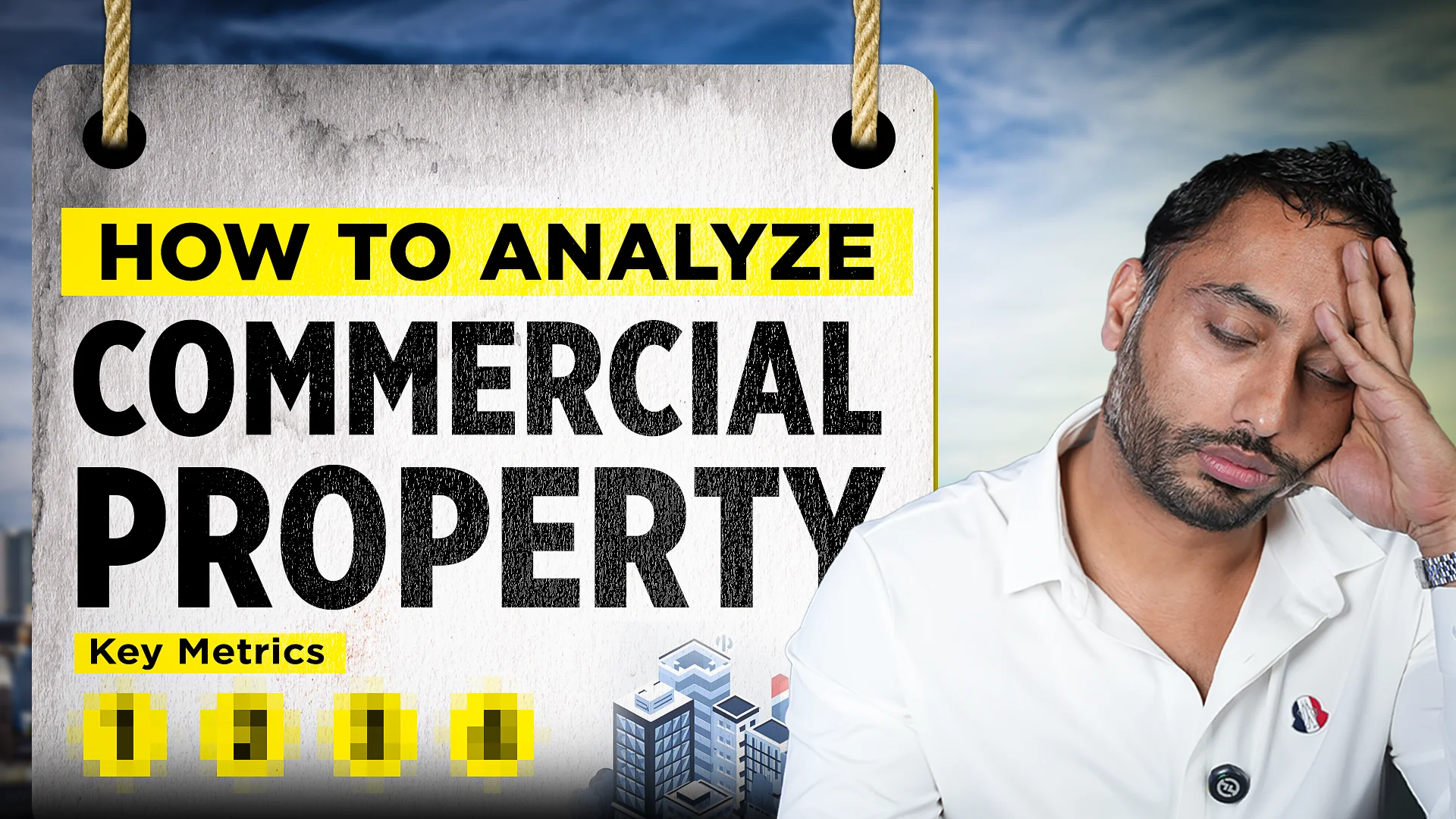Investing in commercial real estate can be an excellent way to grow wealth, diversify an investment portfolio, or secure a long-term location for your business. However, before diving into the market, it’s crucial to understand how to effectively analyze commercial property to ensure a smart investment or decision for your business.
In this guide, we will walk you through the essential factors to consider when analyzing commercial property, from location and financial performance to market trends and potential risks. By following these steps, you’ll be better prepared to make informed decisions that align with your goals.
1. Assess the Property Location
The location of a commercial property plays a significant role in its overall value and potential for success. When evaluating the property’s location, consider these factors:
- Proximity to key amenities: Is the property near transportation hubs, restaurants, banks, or other businesses that attract traffic? Easy access to these amenities can increase tenant demand and customer foot traffic.
- Market demographics: Understand the local demographic, including age, income, and business type. This will help you gauge the demand for your specific type of commercial property (e.g., retail, office, industrial).
- Neighborhood trends: Is the area experiencing growth or decline? Look for trends in development, infrastructure improvements, or changes in zoning laws that could affect the property’s future value.
2. Evaluate the Property’s Condition and Structure
The physical state of the property is critical for both immediate occupancy and long-term investment value. Perform a thorough inspection and ask these questions:
- Age and condition of the building: Older properties may come with more maintenance issues, while newer buildings might require less immediate work. However, a newer building may cost more upfront.
- Structural integrity: Ensure the foundation, roof, plumbing, and electrical systems are in good condition. Major repairs can be costly, and failing to address these issues can result in significant expenses in the future.
- Compliance with regulations: Verify that the property adheres to local zoning laws, building codes, and safety regulations. Non-compliance can result in fines or expensive retrofitting.
3. Understand the Financials
The financial performance of a commercial property is one of the most important factors to analyze. A solid understanding of the property’s income and expenses will give you a clear picture of its profitability and risks.
- Income potential: Look at the rental income the property generates (if applicable). Assess the current tenants, lease terms, and rental rates to determine the property’s ongoing revenue potential.
- Operating expenses: Consider the cost of maintenance, property management, insurance, utilities, and property taxes. High operating expenses could reduce your return on investment.
- Net Operating Income (NOI): This is the income from the property after deducting all operating expenses, excluding taxes and financing costs. A strong NOI indicates a profitable investment.
- Cap rate (Capitalization Rate): The cap rate is the ratio of the property’s net operating income to its current market value. A higher cap rate typically indicates a higher return on investment but may also come with increased risk.
4. Analyze the Lease Structure
Understanding the lease agreements is essential when analyzing commercial property. The terms of the lease can directly impact the stability and profitability of your investment.
- Tenant quality: Evaluate the financial health of current tenants. Long-term, reputable tenants reduce the risk of vacancy and late payments. Review their creditworthiness and business performance.
- Lease terms: Consider the length of the lease agreements, renewal options, rent escalation clauses, and any potential for rent increases over time. Properties with longer leases or guaranteed rent increases are often more valuable.
- Tenant mix: If you are considering a multi-tenant property, assess the mix of tenants. A diverse mix can minimize risk by reducing reliance on a single tenant.
5. Examine Market Conditions and Trends
Before committing to a commercial property, you must understand the broader market trends affecting its potential. Analyze local and national trends to gain insight into the future prospects of the property.
- Supply and demand: Determine if there is a high demand for commercial properties in the area or if supply is outpacing demand. A saturated market may make it harder to find tenants or achieve high rental rates.
- Local economy: Economic conditions, such as employment rates, economic growth, and consumer spending, can directly impact the success of commercial properties. A strong economy typically supports thriving commercial real estate markets.
- Real estate trends: Research current real estate trends, including interest rates, property values, and industry forecasts. This will help you gauge whether the market is favorable for investing or if you should wait for better conditions.
6. Evaluate Risks and Potential for Appreciation
Every investment carries risks, and commercial properties are no exception. To make an informed decision, consider the following risk factors:
- Vacancy rates: High vacancy rates can indicate a problem with demand or tenant retention. Ensure the property has a strong leasing history and potential for low vacancy.
- Market risks: Analyze potential risks in the local market, including changes in zoning laws, market downturns, or shifts in consumer behavior.
- Property appreciation: While it’s impossible to predict the future, you should evaluate the potential for the property to appreciate in value over time. Consider factors like future development in the area, infrastructure projects, or changes in zoning laws that could improve property values.
7. Consult with Professionals
When in doubt, always consult with professionals. Commercial real estate agents, brokers, property managers, and legal advisors can provide valuable insights into the property’s true value and potential risks. They can also assist with due diligence and help you navigate the legal and financial complexities of purchasing commercial real estate.

